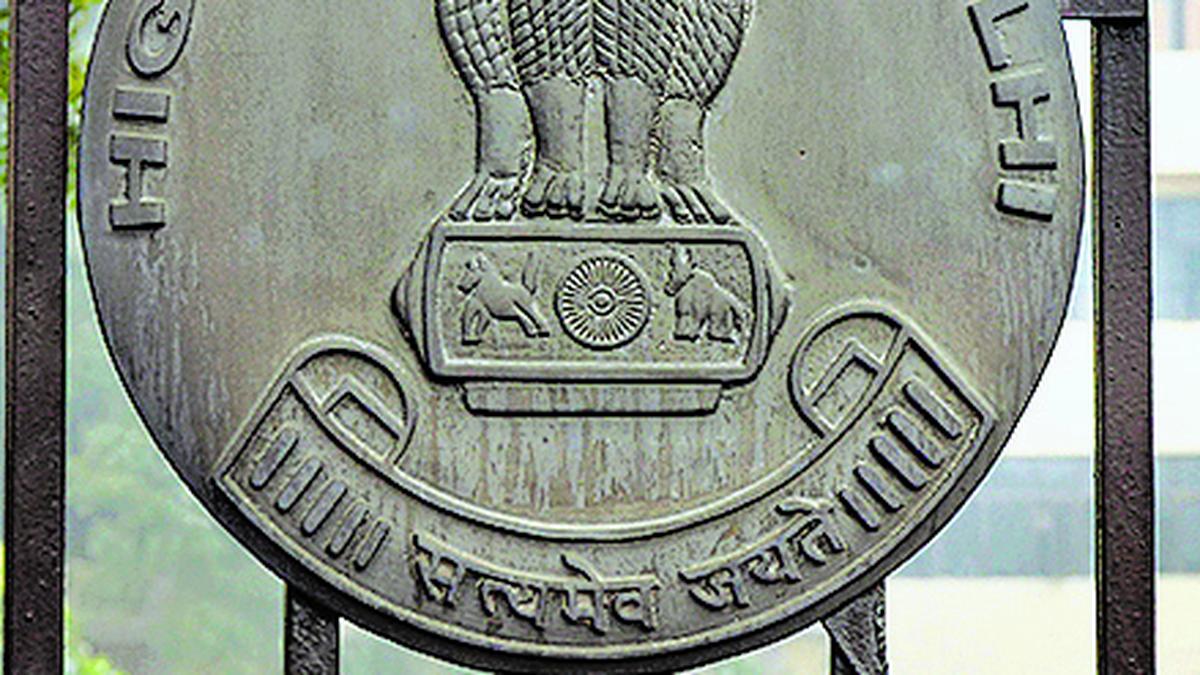
Assault case: HC dismisses PIL to stop media from reporting Maliwal’s name
The Hindu
The Delhi High Court on Friday rejected a Public Interest Litigation (PIL) plea seeking to stop the media from reporting the name of Rajya Sabha member Swati Maliwal, who was allegedly assaulted by Chief Minister Arvind Kejriwal’s personal assistant Bibhav Kumar.
The Delhi High Court on Friday rejected a Public Interest Litigation (PIL) plea seeking to stop the media from reporting the name of Rajya Sabha member Swati Maliwal, who was allegedly assaulted by Chief Minister Arvind Kejriwal’s personal assistant Bibhav Kumar.
The court said advocate Sanser Pal Singh had filed the petition only for “publicity”.
“When the victim (Ms. Maliwal) wants to talk about it, then who are you to say anything? The victim is not complaining, but you are complaining. What is the role of a third party in this?” the court remarked.
“It is very clear that your vision is coloured and blurred. You are not talking about victim shaming,” the court said, adding, “There is a political colour behind this PIL.”
Mr. Singh had sought to stop the media from disclosing the identity of the victim in the assault case and action against those who deliberately disclosed the victim’s identity, along with the contents of the FIR.
The court warned the lawyer that a complaint would be lodged against him with the Bar Council and added that the petition had been filed without proper research.
“You are doing all this for publicity. A complaint should be made to the Bar Council of Delhi. What you are doing is not fair,” the court said, following which the counsel representing the petitioner sought to withdraw the petition.

“Writing, in general, is a very solitary process,” says Yauvanika Chopra, Associate Director at The New India Foundation (NIF), which, earlier this year, announced the 12th edition of its NIF Book Fellowships for research and scholarship about Indian history after Independence. While authors, in general, are built for it, it can still get very lonely, says Chopra, pointing out that the fellowship’s community support is as valuable as the monetary benefits it offers. “There is a solid community of NIF fellows, trustees, language experts, jury members, all of whom are incredibly competent,” she says. “They really help make authors feel supported from manuscript to publication, so you never feel like you’re struggling through isolation.”

Several principals of government and private schools in Delhi on Tuesday said the Directorate of Education (DoE) circular from a day earlier, directing schools to conduct classes in ‘hybrid’ mode, had caused confusion regarding day-to-day operations as they did not know how many students would return to school from Wednesday and how would teachers instruct in two modes — online and in person — at once. The DoE circular on Monday had also stated that the option to “exercise online mode of education, wherever available, shall vest with the students and their guardians”. Several schoolteachers also expressed confusion regarding the DoE order. A government schoolteacher said he was unsure of how to cope with the resumption of physical classes, given that the order directing government offices to ensure that 50% of the employees work from home is still in place. On Monday, the Commission for Air Quality Management in the National Capital Region and Adjoining Areas (CAQM) had, on the orders of the Supreme Court, directed schools in Delhi-NCR to shift classes to the hybrid mode, following which the DoE had issued the circular. The court had urged the Centre’s pollution watchdog to consider restarting physical classes due to many students missing out on the mid-day meals and lacking the necessary means to attend classes online. The CAQM had, on November 20, asked schools in Delhi-NCR to shift to the online mode of teaching.









